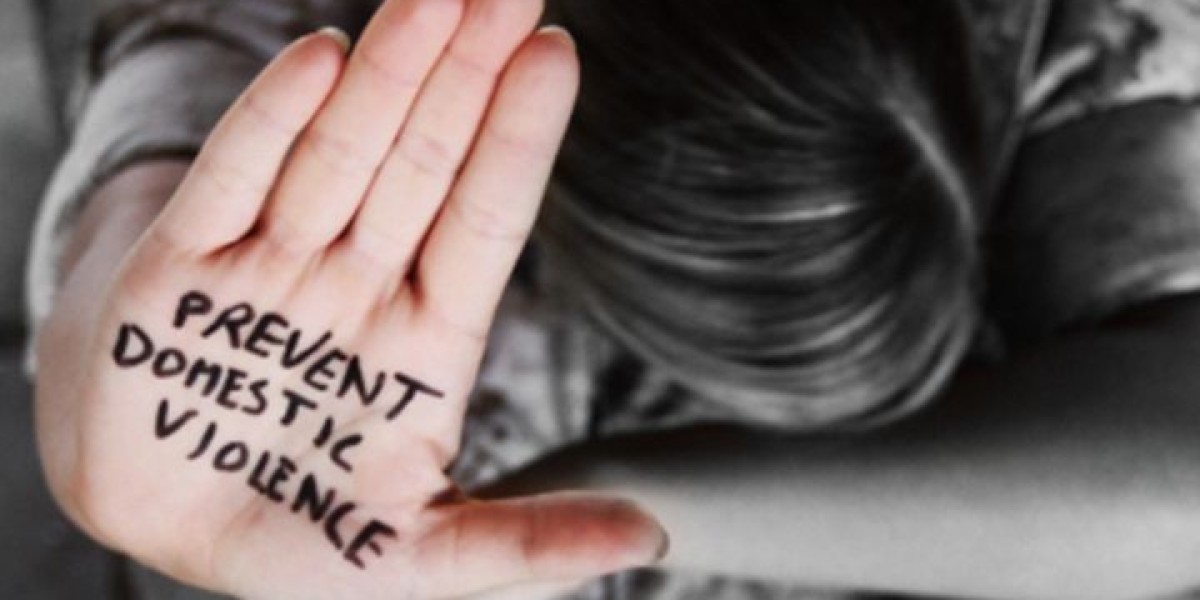Introduction
Domestic violence is a critical issue affecting countless individuals and families in New Jersey, cutting across all demographics. Recognizing the profound impact of domestic abuse, the state of New Jersey offers a wide array of resources and support systems designed to assist victims and help them escape abusive situations. This article will explore the various forms of help available to domestic violence victims in New Jersey, including legal protections, support services, and community resources.
Understanding Domestic Violence
Domestic Violence Cases In New Jersey encompasses physical, emotional, sexual, and financial abuse, often occurring within intimate relationships or family settings. It can manifest as physical assaults, threats, coercion, manipulation, and controlling behaviors. The pervasive nature of domestic violence requires a multifaceted approach to support victims and prevent further abuse.
Legal Protections for Victims
New Jersey has robust legal frameworks to protect victims of domestic violence. One of the most critical tools is the restraining order, which comes in two forms: Temporary Restraining Orders (TRO) and Final Restraining Orders (FRO).
Temporary Restraining Orders (TRO): A TRO provides immediate protection and can be obtained quickly if the victim is in imminent danger. Victims can file for a TRO at their local courthouse or through the police department if the court is closed. This order prohibits the abuser from contacting or approaching the victim and can include provisions such as temporary custody of children.
Final Restraining Orders (FRO): Following a court hearing, a judge may issue a FRO if evidence supports the need for ongoing protection. A FRO is more permanent and can include additional protections, such as requiring the abuser to surrender firearms, providing financial support to the victim, and establishing long-term custody arrangements.
Support Services
In addition to legal protections, numerous support services are available to help victims of domestic violence in New Jersey:
Hotlines: The New Jersey Domestic Violence Hotline (1-800-572-SAFE) operates 24/7, providing immediate assistance, crisis intervention, and referrals to local resources. The National Domestic Violence Hotline (1-800-799-SAFE) is also available for support.
Shelters and Safe Houses: Several organizations across the state offer emergency shelter and safe housing for victims fleeing abusive environments. These facilities provide a secure place to stay, along with access to counseling, legal assistance, and other essential services.
Counseling and Support Groups: Mental health services, including individual counseling and support groups, are available to help victims cope with the emotional trauma of abuse. Organizations like the New Jersey Coalition to End Domestic Violence (NJCEDV) offer resources and referrals to qualified therapists and support groups.
Legal Assistance: Legal advocacy programs provide victims with legal representation and assistance in navigating the complexities of restraining orders, custody battles, and other legal matters. Legal Services of New Jersey and other pro bono legal organizations are instrumental in offering these services.
Children's Services: Specialized support for children who have witnessed or experienced domestic violence is crucial. Programs like the Domestic Violence Liaison Program (DVL) work within schools to provide counseling, advocacy, and educational support for affected children.
Community Resources
Community-based organizations play a vital role in providing comprehensive support to domestic violence victims. These organizations often offer a range of services, including:
Emergency Financial Assistance: Financial abuse is a common tactic used by abusers to control their victims. Community organizations can provide emergency funds to help victims with necessities like food, transportation, and housing.
Employment and Education Programs: Helping victims gain financial independence is critical. Job training, educational programs, and employment services empower victims to rebuild their lives and achieve self-sufficiency.
Healthcare Services: Many victims of domestic violence require medical attention for injuries and other health issues resulting from abuse. Community health clinics and hospitals often have programs specifically designed to address the medical needs of domestic violence victims.
Preventive Measures and Education
Preventing Domestic Violence Help New Jersey involves community awareness and education. Schools, workplaces, and community centers in New Jersey engage in outreach programs to educate the public about the signs of domestic violence, how to support victims, and the resources available.
School Programs: Educational initiatives in schools teach students about healthy relationships, consent, and the importance of respecting boundaries. These programs aim to prevent future instances of domestic violence by fostering a culture of respect and understanding among young people.
Workplace Training: Employers can play a significant role in identifying and supporting victims of domestic violence. Training programs help employers and employees recognize the signs of abuse and provide information on how to assist affected colleagues.
Community Awareness Campaigns: Public awareness campaigns, often led by organizations like NJCEDV, aim to reduce the stigma associated with domestic violence and encourage victims to seek help. These campaigns use various media platforms to reach a broad audience and disseminate information about available resources.
Conclusion
Domestic violence is a complex and deeply rooted issue, but New Jersey is committed to providing comprehensive support to victims and working towards its eradication. Through a combination of legal protections, support services, and community resources, victims of domestic violence in New Jersey can find the help they need to escape abusive situations and rebuild their lives. Continued efforts in education, awareness, and preventive measures are essential to creating a safer, more supportive environment for all individuals affected by domestic violence.









